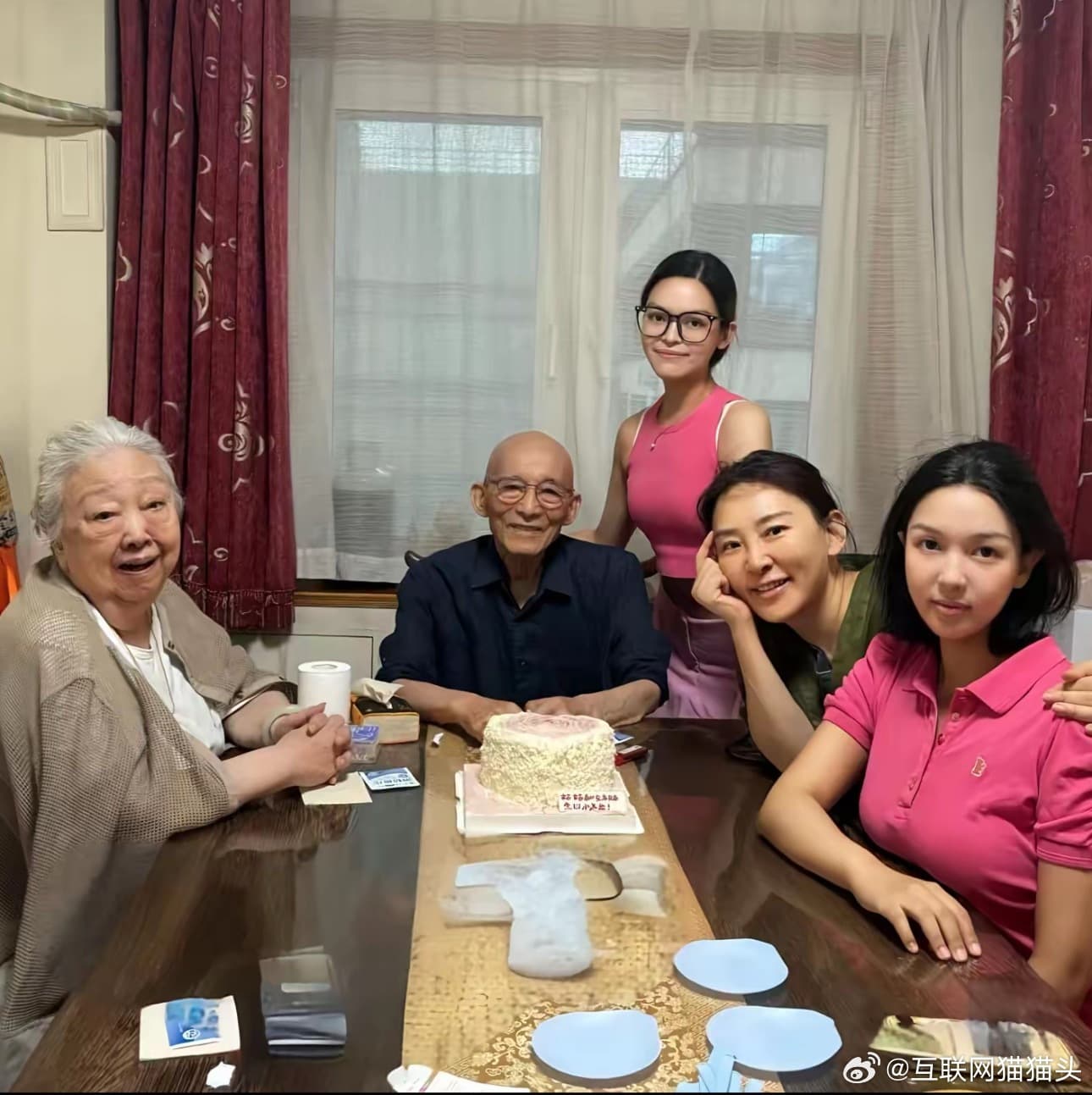Unveiling the Truth Behind China's Blood Donation Controversy
A recent controversy surrounding a man's inability to prioritize the use of blood for his surgery, despite having donated blood eight times, has sparked widespread attention and debate in China. The incident, which occurred in Hebei Province's Langfang City, has exposed a series of miscommunications and misunderstandings between the local blood center, hospital, and medical staff.

29 August 2024
Li Mr., a frequent blood donor, was told by hospital staff that he could not prioritize the use of blood for his surgery due to a supposed shortage of blood supply. However, an investigation by the Langfang City Health Committee revealed that the blood center and hospital had failed to share information effectively, and that medical staff had misunderstood the policy on prioritizing blood use for frequent donors.
The investigation found that the hospital had not submitted an application to the blood center for Li Mr.'s surgery, and that the blood center had not informed the hospital of the availability of blood supply. Furthermore, the hospital staff had provided Li Mr. with incorrect information about the policy on prioritizing blood use for frequent donors.
The incident has raised concerns about the management of blood supply and the communication between medical institutions in China. It has also sparked debate about the motivations behind blood donation, with some critics accusing the government and blood collection agencies of exploiting donors for profit.
At the heart of the controversy lies a misunderstanding of China's blood donation policy. According to national regulations, a donor's certification is permanently valid, and the priority for receiving blood is determined by the number of times a person has donated and the volume of blood they have contributed. This means that individuals who have donated blood multiple times, like Mr. Li, should be given priority when in need of a blood transfusion.
However, in this case, the lack of clear communication and cooperation between the blood station and the hospital led to the misinterpretation of the policy. The hospital claimed that only recent donation records qualified individuals for priority access to blood, which is not in line with national regulations.
Experts argue that the policy is designed to encourage repeated donations and reward those who have demonstrated a long-term commitment to contributing to the blood supply. In reality, the system relies on a delicate balance between supply and demand, and hospitals, blood stations, and donors must work together seamlessly to ensure that those in need receive the blood they require.
The incident highlights the need for greater awareness and education about China's blood donation policy among healthcare professionals and the general public. By clarifying the rules and regulations surrounding blood donation, China can build trust and encourage more individuals to participate in this vital act of public service.
The investigation into the incident revealed a series of miscommunications and misunderstandings between the hospital, blood station, and the patient, Mr. Li. According to the Hebei Langfang Health and Family Planning Commission, several issues were identified, including the lack of a seamless information-sharing mechanism between the blood station and the hospital, which led to a breakdown in communication. Hospital staff, including the doctor in charge, were found to have a poor understanding of the blood donation policy, which states that donors are entitled to priority blood use regardless of the time elapsed since their last donation.
The doctor's statement to Mr. Li that "only recent blood donors are eligible for priority blood use" was not based on the blood station's response and was an error. There was no record of Mr. Li's application for blood at the blood station, and the blood bank's inventory levels were normal on the day of the incident.
As a result of the investigation, several officials were disciplined, including the person in charge of the Langfang City Blood Station, the Director of the Blood Transfusion Department of the Baoding Second Hospital, and the hospital's main leaders and the doctors involved in the incident.
To prevent similar incidents from happening in the future, several suggestions have been proposed, including enhanced communication and information sharing between medical institutions and blood collection agencies, clear guidelines and training for medical staff on priority access policies, standardized procedures for blood allocation, increased transparency and accountability, incentives for blood donors, and regular review and update of policies.

By implementing these suggestions, China can build a more robust and trustworthy blood donation system that rewards the generosity of blood donors while ensuring that patients receive the medical care they need. The incident highlights the importance of effective communication and understanding of policies and procedures in ensuring that donors receive the benefits they are entitled to.
Comments

Share this article
Related Articles

China’s “Ugly Hour” Push: Viral Hashtag Sparks Nationwide Call for 1‑3 a.m. Bedtimes and New Sleep‑Health Policies
By Trending on Weibo
Health
15 Sept 2025

Actress Tang Yan Named First Infant Respiratory Health Ambassador in China’s Nationwide “Good Breathing Protection” Campaign
By Trending on Weibo
Health
13 Sept 2025

Veteran Chinese Actor You Benchang’s Nursing‑Home Move Signals a Shift in China’s Attitude Toward Elder Care.
By Trending on Weibo
Health
9 Sept 2025
Viral Chinese Hashtag Raises Awareness of “Chemical Damage” Caused by Severe Diarrhea.
By Trending on Weibo
Health
4 Sept 2025
Viral “No‑Exercise” Weight‑Loss Hacks Sweep China: Seven Simple Habits Spark Debate
By Trending on Weibo
Health
2 Sept 2025


